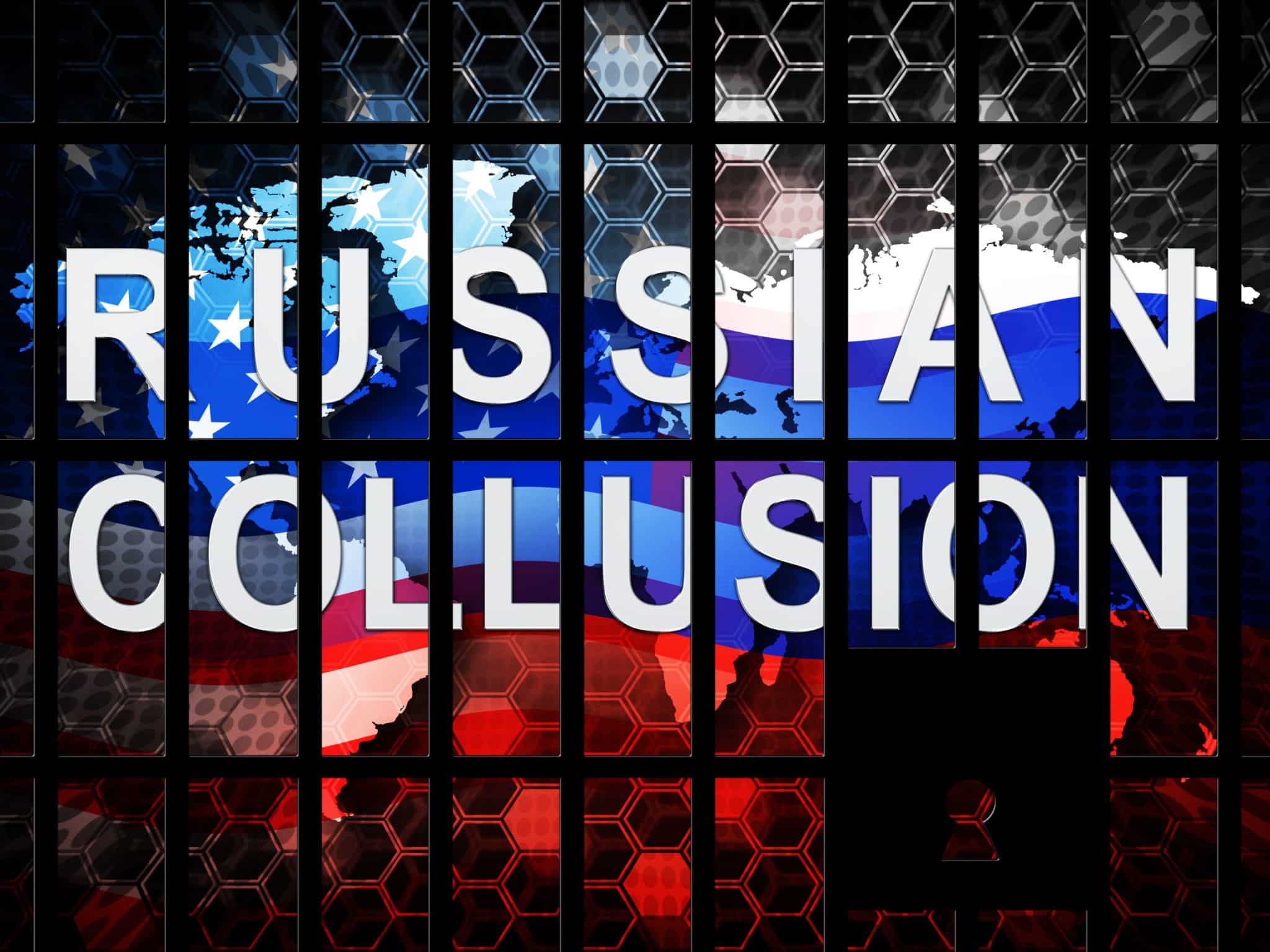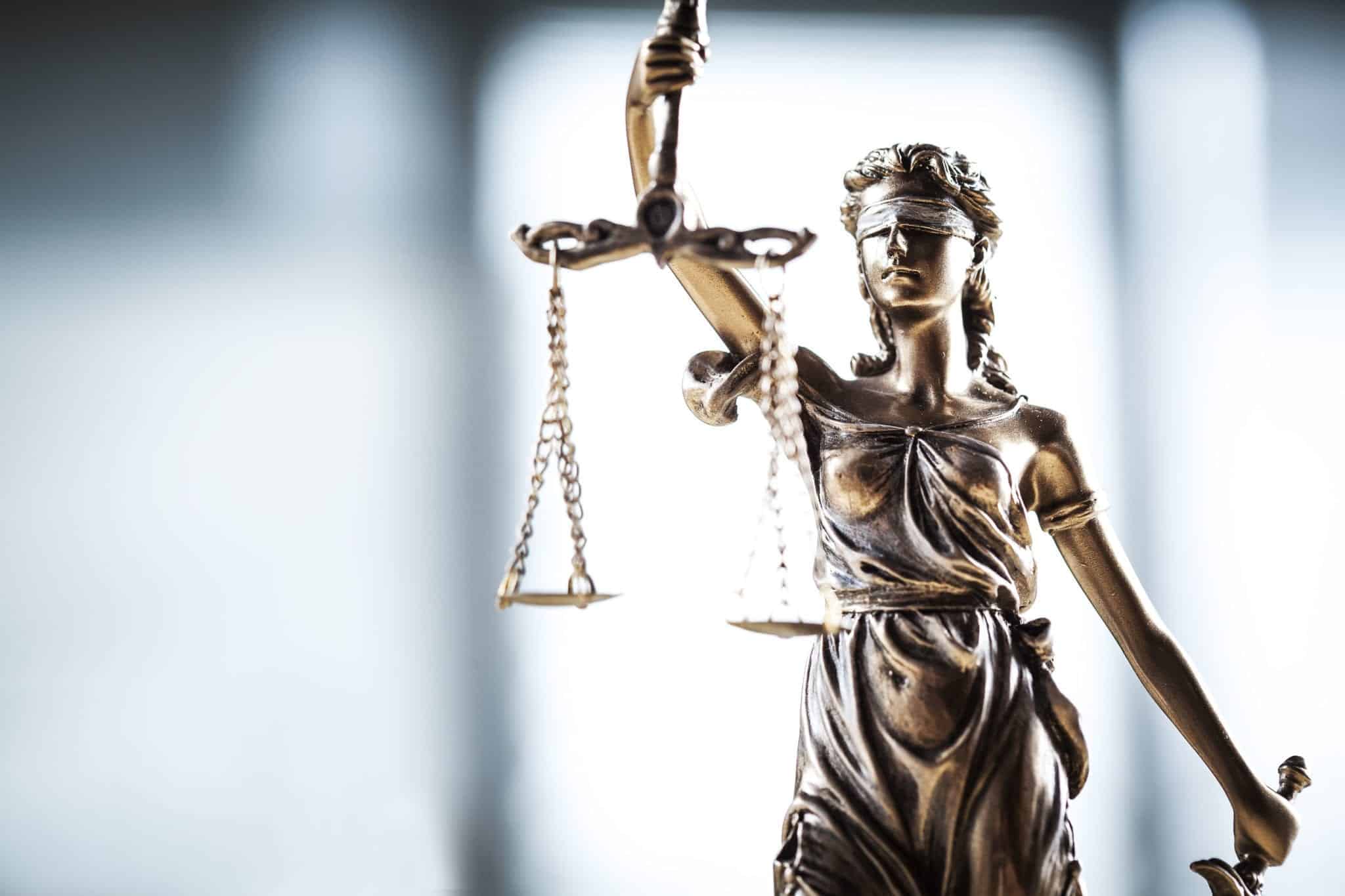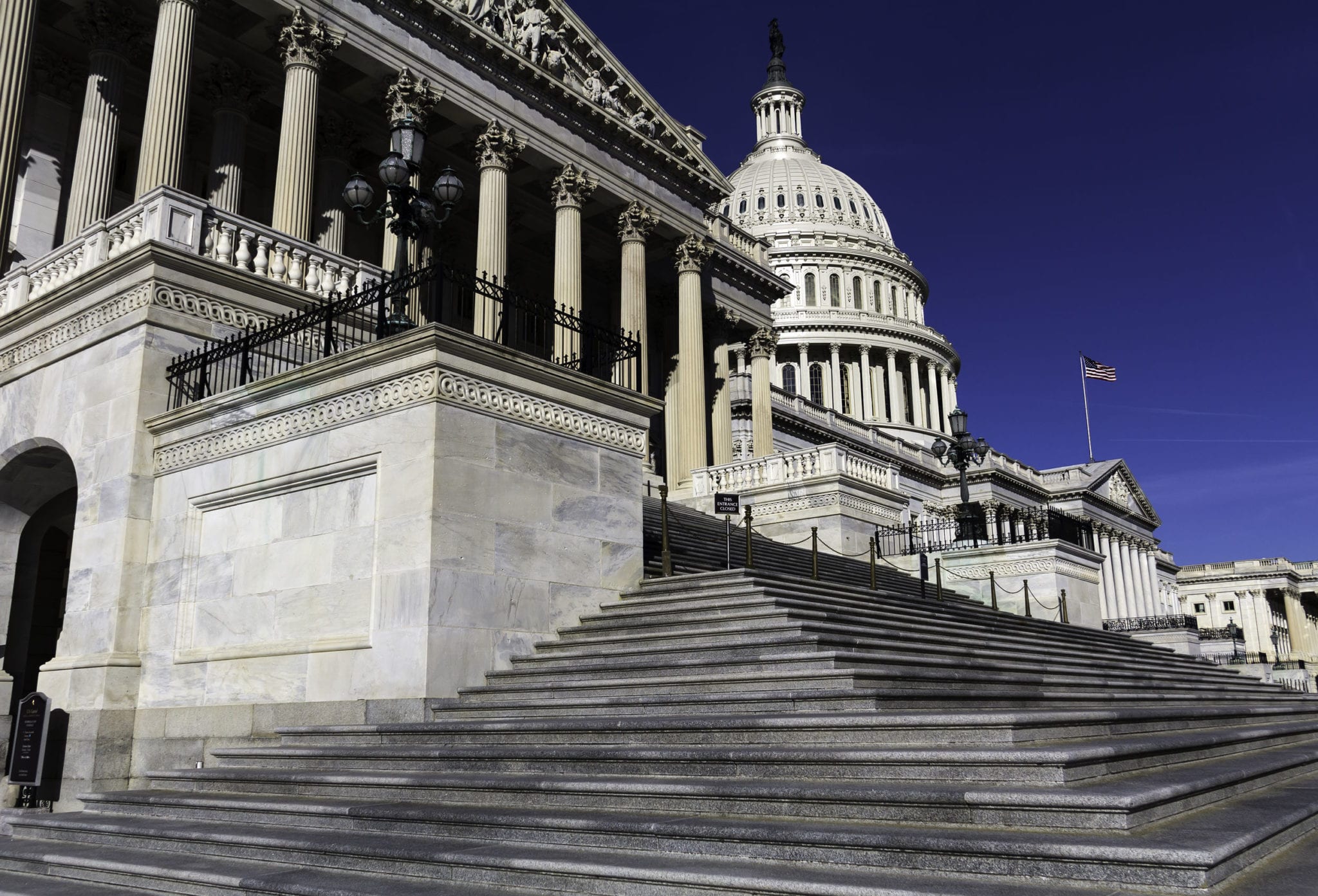The Mueller report is arguably one of the most meticulously outlined sets of facts by an appointed Special Counsel. The report was put together by Mueller, and a team of highly skilled former federal prosecutors, who understood that, despite the evidence, policy formulated by the Office of Legal Counsel of the U.S. Justice Department barred the criminal indictment of a sitting president.
Before the release of the Mueller report, the public had no answer to the question of whether President Donald J. Trump obstructed justice before or during the 22-month investigation by Special Counsel Robert Mueller.
During the weeks leading up to the release of the report, Attorney General William P. Barr issued a series of written and verbal reports suggesting that the Special Counsel was unable to determine whether the president had obstructed justice because of “difficult questions of law and fact,” and, therefore, left the decision to the Attorney General.
The eventual release of the 440-page report, however, revealed that the attorney general had deliberately misled and outright lied to the American public about Mueller factual findings. The Mueller report presents more than sufficient evidence, as a host of former federal prosecutors and renowned legal scholars have stated, that the president did, both in fact and law, obstruct justice in as many as ten different ways.
The Mueller team examined what had been described as ten “discrete acts” that can be divided into “two phases, reflecting a possible shift in the president’s motives.”
“Phase one” encompasses incriminating actions the President took before he became aware that he was a target in the Mueller investigation – all of which can be classified as attempts to prevent investigation.
“Phase two” covers those attempts Trump made to control the outcome of the investigation, both publicly and privately, once he fully understood that he was, in fact, under investigation.
These five facts present ample probable cause to bring a criminal indictment for obstruction against the president:
- Asked the FBI director to stop investigating former national security adviser Michael Flynn
- Fired the FBI director (search “lawful employment”)
- Attempted to fire Mueller
- Attempted to persuade AG Jeff Sessions to reverse his recusal and tank the investigation
- Attempted to influence the testimony of witnesses
The overwhelming evidence the Special Counsel’s investigation produced concerning obstruction raises the question about what actually constitutes obstruction of justice mean and what does the law say that prevents further action from being taken against the president?
Obstruction of Justice According to Law
In order to understand exactly how the President’s actions constituted obstruction of justice, we only need turn to the law itself.
Federal law defines obstruction of justice as “an act that corruptly or by threats or force, or by any threatening letter or communication, influences, obstructs, impedes, or endeavors to influence, obstruct or impede, the due administration of justice.”
When someone has an explicit intent to interfere with judicial proceedings, they are guilty of obstructing justice, and the obstruction statute identifies more than 20 specific types of obstruction. In order to be convicted of obstruction of justice charges:
- it must be proven that the person was aware of a pending proceeding at the time the act in question occurred,
- there has to be an identifiable connection between the alleged act of obstruction and the proceeding, and
- the offender must have knowledge of the connection between the two.
While this law is generally applied only to federal judicial proceedings, within the same statute (18 U.S. Code 1505) there is an inclusion of obstruction of proceedings before departments, agencies, and committees – that means proceedings before Congress, federal administrative agencies, and even informal investigations by an executive agency.
When a direct nexus is drawn between the law and the criminal acts as the Mueller report did, why was Trump not indicted for obstruction of justice?
The Department of Justice Says Trump Can’t Be Indicted
The Department of Justice has an explicit policy, crafted from the Watergate Investigation during the Nixon era, which “prohibits the indictment of a sitting president.”
Mueller didn’t reach a conclusion because – as he wrote himself – if he had reached the conclusion that Trump obstructed justice, he would not have had the opportunity for a “speedy and public trial” that should include the “procedural protections” afforded by the Constitution to every citizen facing criminal charges.
While “multiple acts by the President that were capable of exerting undue influence over law enforcement investigations” were uncovered through this investigation, the inability to bring charges against a sitting president played first chair in his decision not to bring criminal charges against Trump.
However, Mueller did seemingly call upon Congress to “apply the obstruction laws to the President’s corrupt exercise of the powers of office” in accordance with the rules of checks and balances so that the principle that no person is above the law may be upheld.
Most legal scholars believe that if the president is defeated in 2020, he will be indicted because the statute of limitation to bring obstruction charges will not have lapsed.






